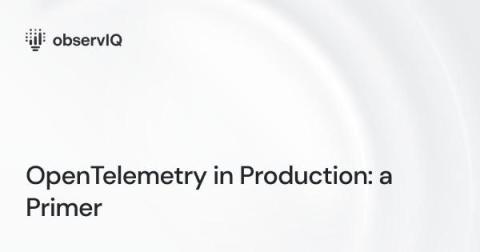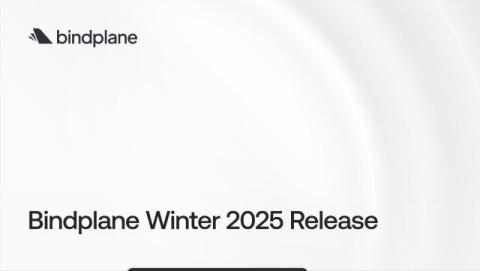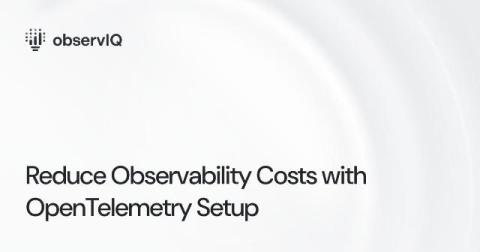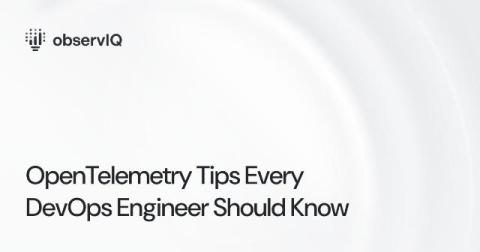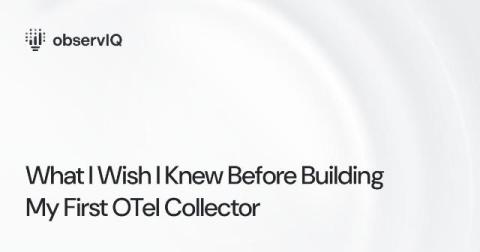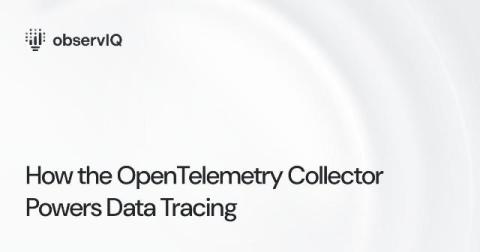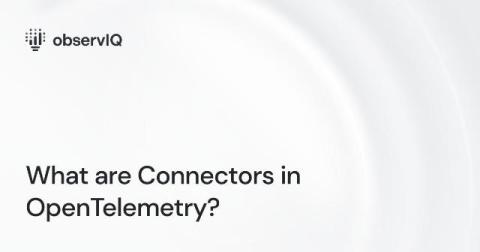OpenTelemetry in Production: A Primer
OpenTelemetry has emerged as the gold standard fueling o11y and SIEM platforms, but transitioning an existing telemetry stack requires careful planning and execution. This guide outlines a practical approach to evaluating, implementing, and scaling OpenTelemetry in production environments.


